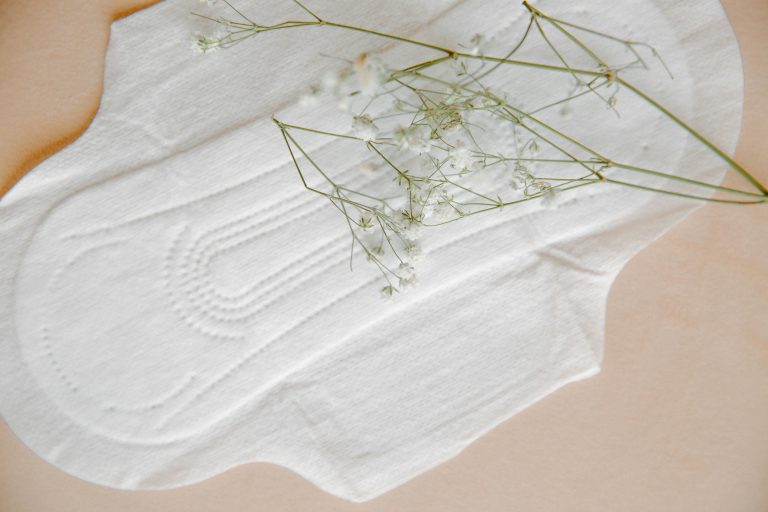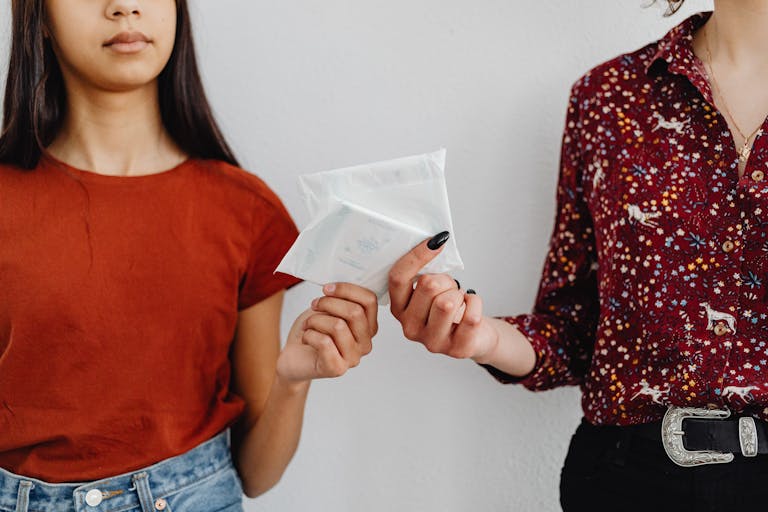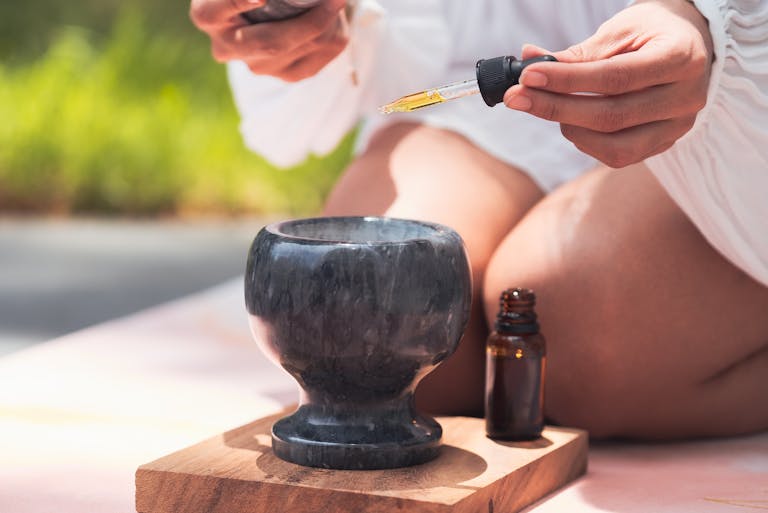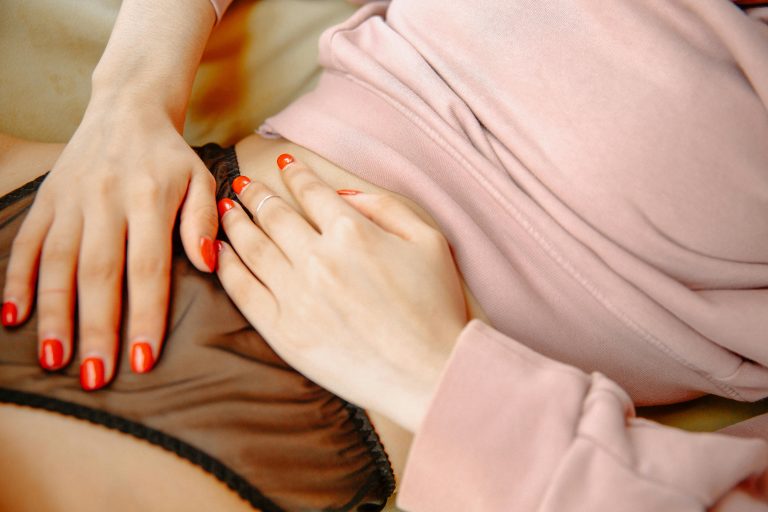Did you know that 76% of girls report that schools teach them more about the biology of frogs than about their own bodies? As a woman who distinctly remembers hiding a pad up my sleeve during 7th-grade, I understand firsthand how crucial proper preparation and support are during this transformative time.
The truth is, our daughters deserve better than the whispered conversations and uncertainty that many of us experienced during our first periods. While I can’t change my own awkward first-period story, I can help you create a different narrative for your daughter – one filled with confidence, understanding, and open communication.
Recognizing Signs of Approaching First Period
Let’s talk about something that caught me completely off guard as a teen – the signs that a first period is approaching. I wish someone had told me that the mysterious clear discharge I noticed months before my first period wasn’t something to worry about. It was actually my body’s way of saying, “Hey, changes are coming!”
Here’s what’s fascinating: the very first sign of puberty isn’t what most people think. It actually starts with rapid growth in hands and feet! Remember that growth spurt where suddenly none of your shoes fit? That wasn’t just a random shopping inconvenience – it was your body’s first signal of approaching puberty.
The timeline typically unfolds like this: breast development usually begins between ages 8-12, followed by pubic hair growth and that characteristic “growth spurt.” Most girls experience their first period about 2-3 years after their breasts begin developing. But here’s what’s really important to understand: every girl’s body has its own unique timeline. Some girls might get their period as early as age 9 or as late as 15 – and both can be completely normal.
What I’ve learned from my own experience is that knowledge truly is power. When your daughter understands these changes are normal and expected, she’s much more likely to approach them with confidence rather than confusion or fear.
Creating an Open Dialogue Before the First Period
Remember that moment when you desperately wanted to ask someone about what was happening to your body, but didn’t know how? I sure do. That’s why creating an open dialogue with your daughter before her first period is absolutely crucial. But let’s be honest – it doesn’t have to be one big, scary “talk.”
Instead, think of it as an ongoing conversation. Start by using correct anatomical terms naturally in your discussions. Yes, it might feel awkward at first (trust me, I stumbled over the word “menstruation” more times than I’d like to admit), but this normalizes these terms for your daughter and builds her confidence in understanding her own body.
I’ve found that everyday moments often provide the best opportunities for these conversations. Maybe you’re shopping together and pass the menstrual products aisle – that’s a perfect chance to casually mention different options available. Or perhaps you’re watching TV and a character gets their first period – use that as a springboard for discussion.
The key is to keep these conversations matter-of-fact while still being supportive. When I was growing up, periods were treated like a secret shame, discussed in whispers if at all. But your daughter deserves to understand that menstruation is a normal, healthy part of life – not something to be embarrassed about.
Practical Preparation That Builds Confidence
Let’s get practical – because nothing builds confidence like being prepared. Remember the relief of finding that emergency pad in your backpack when you needed it most? That’s the kind of preparation we’re talking about.
Start by creating a period kit together. Include:
- A small, discreet makeup bag or pouch
- 2-3 pads (both regular and overnight)
- A change of underwear
- A small pack of portable hand soap (skip the hand sanitizer – soap and water are always best)
- A few dark-colored hair ties
- A small pack of wet wipes
- A resealable plastic bag (just in case for soiled clothing items)
Teach her how to use these supplies before she needs them. I still remember staring at a pad in confusion, wondering which way was up! Show her how to properly position a pad, how often to change it, and how to dispose of it properly. These might seem like simple things, but they can feel overwhelming when you’re dealing with them for the first time.
Pro tip: Help her practice opening pads quietly – it’s a small thing that can make a huge difference in her confidence level in public bathrooms. I’ll never forget the mortification of trying to silently open a pad in the school bathroom while it sounded like I was wrestling with a bag of chips!
Emotional Support Strategies That Actually Work
Supporting your daughter emotionally during this time is just as important as practical preparation. One thing I’ve learned is that validation goes a long way. When she expresses concerns about getting her period at school or during sports, don’t dismiss these worries with a quick “you’ll be fine.” Instead, acknowledge her feelings and help her create specific plans for handling these situations.
Remember those bathroom passes in school that felt like public announcements? Help her develop subtle signals she can use with teachers or trusted adults when she needs to handle period-related situations. This gives her a sense of control and privacy that can significantly boost her confidence.
Create safe spaces for questions by being open about your own experiences (while reading the room – some girls want lots of details, others prefer just the basics). If she asks something you’re not sure about, it’s perfectly okay to say, “That’s a great question – let’s look up the answer together.”
Handling Common First Period Scenarios
Now, let’s talk about what happens when the big day arrives. Whether it happens at home or school (like my memorable math class experience), having a plan can make all the difference. If it happens at school, make sure she knows she can go to the nurse’s office or call you if she needs to.
Keep a spare pair of dark pants in her locker or backpack. Trust me, this simple preparation can turn a potential crisis into a minor inconvenience. And remember – stains happen to everyone. Teaching her how to tie a sweater around her waist or knowing which bathroom has the best privacy can be incredibly empowering.
The most important thing is to help her understand that getting her period, whenever and wherever it happens, is nothing to be ashamed of. It’s a normal part of life that every woman deals with, and she’s completely capable of handling it – especially with you in her corner.
Embracing This New Chapter Together
Remember, your support during this time isn’t just about managing periods – it’s about helping your daughter develop confidence in her changing body and trust in her ability to handle new situations. By providing her with knowledge, practical tools, and emotional support, you’re helping her write a different story than many of us had – one where periods are just another normal part of growing up, not a source of shame or anxiety.
Let’s raise a generation of girls who understand and feel confident about their bodies. Because honestly? They deserve nothing less.
Are you looking for more support in navigating this journey with your daughter? I’m here to help! Leave a comment below with your questions or concerns, or reach out through our contact page. Together, we can create a more open, supportive environment for our daughters as they navigate this important milestone. Remember, you’re not alone in this journey – let’s support each other in empowering the next generation.







